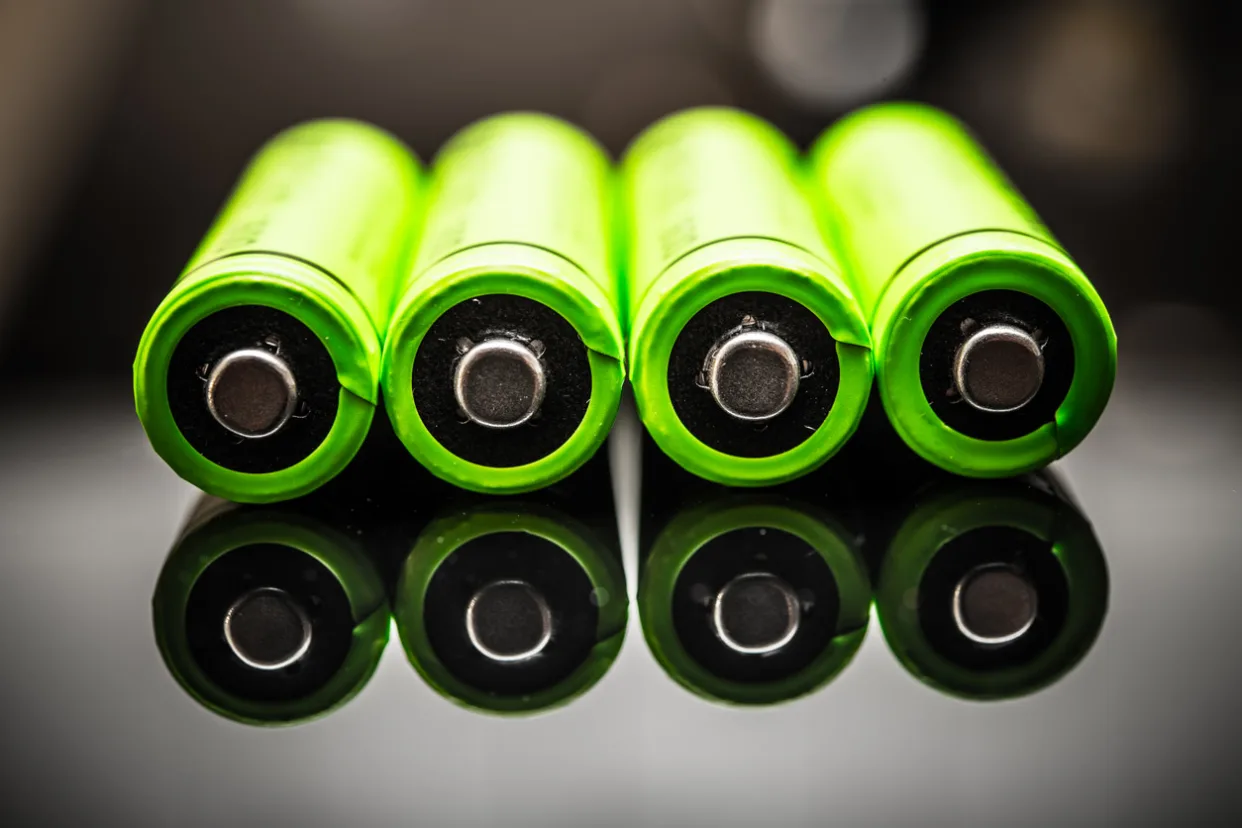
Chinese battery researchers have developed a lithium-sulfur pack with amazing resilience thanks to a unique cathode coating, as detailed in a lab summary published by ACS Publications.
The innovation was announced by experts from the University of Electronic Science and Technology of China and colleagues. One prototype remained stable after 300 charge/discharge cycles. Another one can astoundingly provide power after being cut in half or folded, per ACS.
“The battery continues to function after being cut due to its unique design, where the conductive network remains intact even after physical damage,” Professor Liping Wang told Interesting Engineering.
Lithium-sulfur, or Li-S, batteries use common materials and could be cheaper than lithium-ion alternatives. The packs can store a lot of power, according to ACS and AZoNano. Some Li-S batteries already energize some laptops, phones, and other devices, according to experts at the University of Adelaide in Australia. However, those Adelaide experts note that this type of battery can currently take hours to charge. They are working on better Li-S tech, as well.
In China, the team is using an improved iron sulfide cathode with a special layer between the electrode and electrolyte to reduce corrosion and maintain performance, according to the summary. When a battery operates, ions move between the anode and cathode in a substance called electrolyte.
Wang’s team coated the cathodes with polyacrylic acid, which retained the electrode’s ability to discharge power for hundreds of cycles. The experts built both a pouch cell and a coin cell battery using a coated cathode with a carbonate-based electrolyte, lithium foil, and a graphite-based anode.
The pouch cell worked after being folded or cut. The coin pack retained 72% of its capacity after running for 300 cycles.
The breakthrough could lead to a safer battery for electric vehicles and devices. While rare, battery fires can be catastrophic, often making headlines. But, as reported by the Boston Globe, gas cars are, in fact, more likely to combust than battery-powered ones.
Regardless, improving safety can only extinguish fire fears, helping to expand the electrification of our tech to limit heat-trapping air pollution. Cutting air pollution by switching to an EV or even an induction cooktop can make a difference for the air and your pocketbook. NASA, for reference, links planet-warming fumes to an increased risk of severe weather. And parking your gas-burner in favor of an EV can save you up to $1,500 a year in gas and maintenance costs. That’s on top of thousands of dollars in tax breaks that are available to help you buy one.
In China, the latest Li-S findings could be another step toward making them more mainstream.
“Overall, the results indicate that coated cathodes could produce not only safer Li-S batteries with long lifespans, but also efficient batteries with other metal sulfides,” according to Wang’s team, per ACS.
